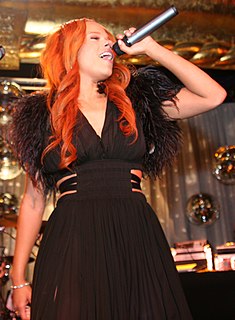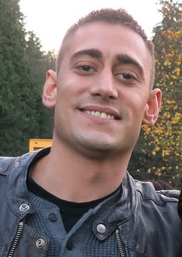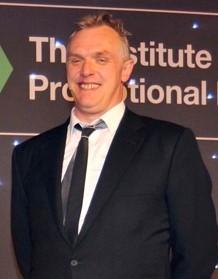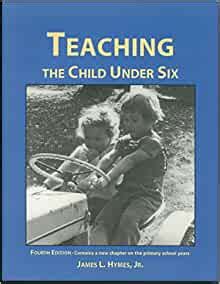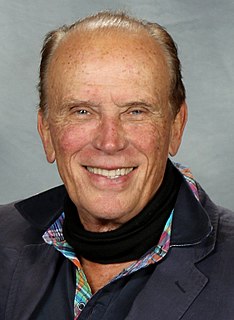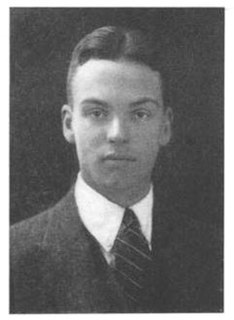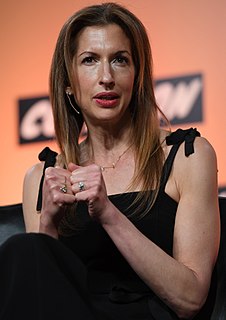A Quote by Dick Cavett
It was at a vividly bad time in Norman Mailer's life that I met him, and a sort of water-treading time in mine. He had stabbed his wife, and I was a copy boy at Time magazine.
Related Quotes
It's always an interesting question of what was it like as Norman Mailer's son because I could easily turn it back and say what's it like not to. I didn't always realize my dad was Norman Mailer. I always knew he was Dad, and then I forget the exact age when it dawned on me that, you know, he is actually someone who affects the public consciousness of the time. It was amazing. I mean he was a rock star and brilliant and kind and funny and generous and scary when he needed to be and, you know, hard as a father.
I think that when [Charles] Dickens met Nelly [Ternan] it unleashed this sort of carnal, anarchic, cruel energy within him, and literally after she met him he changed his whole life - he separated from [his wife] Catherine, he stopped all the children from seeing her and went on this bitter rampage.
Play for young children is not recreation activity, It is not leisure-time activity nor escape activity. Play is thinking time for young children. It is language time. Problem-solving time. It is memory time, planning time, investigating time. It is organization-of-ideas time, when the young child uses his mind and body and his social skills and all his powers in response to the stimuli he has met.
Miles Davis, my one and only real hero of my life. I met him [because] every time I had a movie interview, I would shift the conversation to jazz. Miles, when I finally met him, he knew he had a sucker walking in the door. Because his people told him, “This guy plays the trumpet and every freakin’ interview he has ever given, he’s talked about you.”
There was a four year old child whose next door neighbor was an elderly gentleman who had recently lost his wife.
Upon seeing the man cry, the little boy went into the old gentleman's yard, climbed onto his lap, and just sat there.
When his Mother asked what he had said to the neighbor, the little boy said,
“Nothing, I just helped him cry.²”
“Even after all this time
the sun never says to the earth
“You owe me”
Look what happens with a love like that,
It lights the whole sky..”



